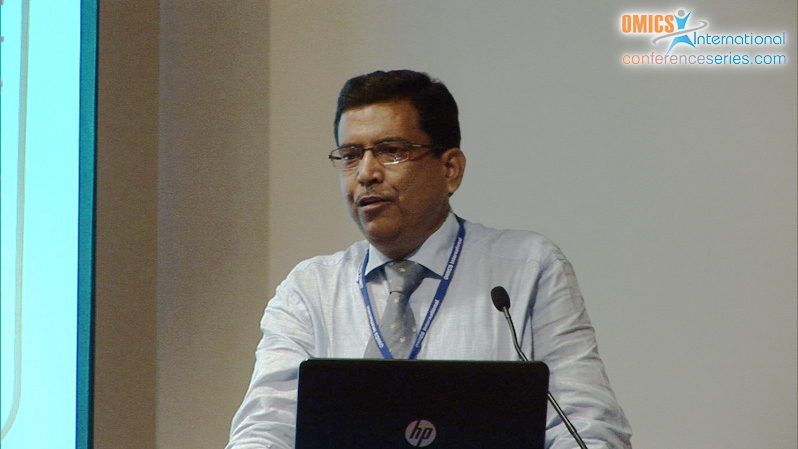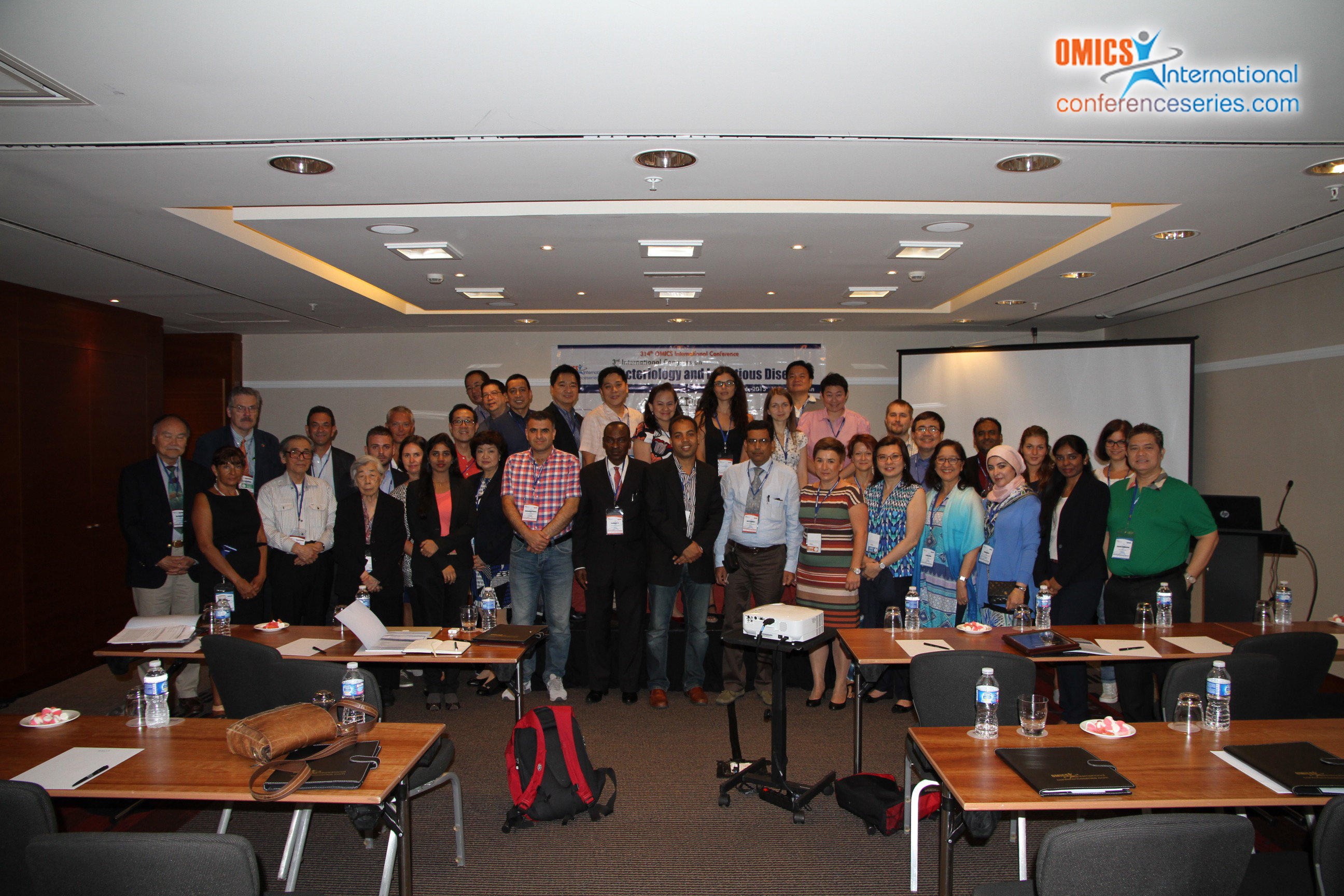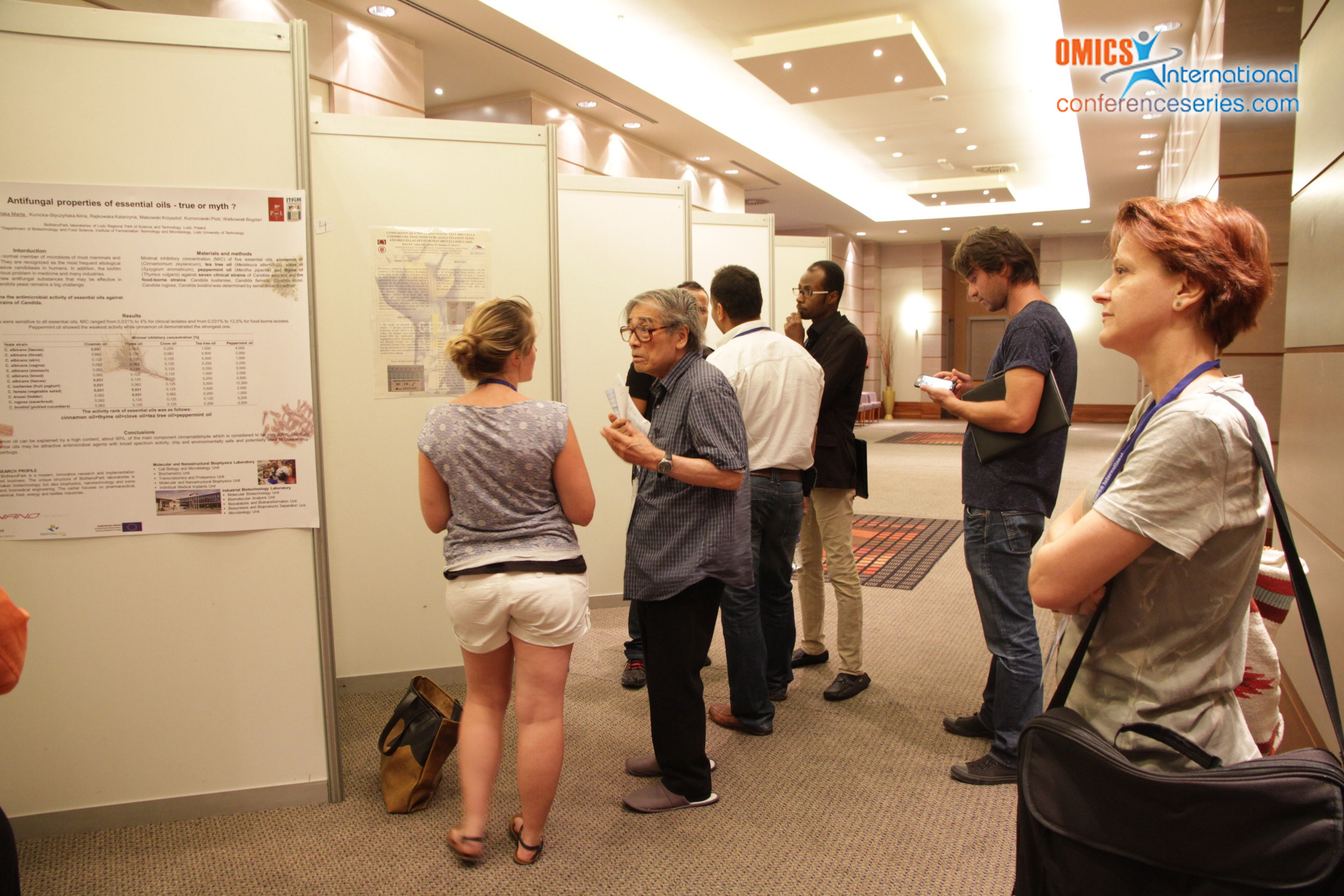
Zaki A Siddiqui
Aligarh Muslim University, India
Title: Interactions of plant pathogenic bacteria and plant growth promoting rhizobacteria with plant parasitic nematodes
Biography
Biography: Zaki A Siddiqui
Abstract
Interactions of plant parasitic nematodes with plant pathogenic bacteria and plant growth promoting rhizobacteria (PGPR) are quite different. Interaction of nematodes with plant pathogenic bacteria results in disease complexes. Each disease complex is generally distinct from another and largely dependent on the type of nematode parasitism involved. Nematodes interaction increase development of plant disease caused by bacteria in different ways such as predisposing agent, modifying physiology of host tissues, breaking host resistance to bacterial pathogens, acting as vectors of bacterial pathogens and changing the rhizosphere microflora. Prior occupancy of host tissues by nematode or bacterium has different influence on the disease severity. Sometimes, the presence of both the nematode and the bacterial pathogen is necessary for production of certain types of symptoms. Interaction of PGPR with plant parasitic nematodes on the other hand, reduced disease severity caused by nematodes. Inoculation of plants with PGPR result in multiple effects on plant growth that includes improved seed germination, root development, water uptake, plant growth promotion solubilization of insoluble phosphorus, production of siderophores, phytohormones, lowering of ethylene concentration, production of antibiotics and induced systemic resistance. Significant control of plant parasitic nematodes has been demonstrated by PGPR. Recent progress in our understanding of their diversity, colonizing ability and mechanisms of action, formulation and their application may facilitate their development as reliable biocontrol agents against plant parasitic nematodes.
Speaker Presentations
Speaker PDFs
Speaker PPTs Click Here



